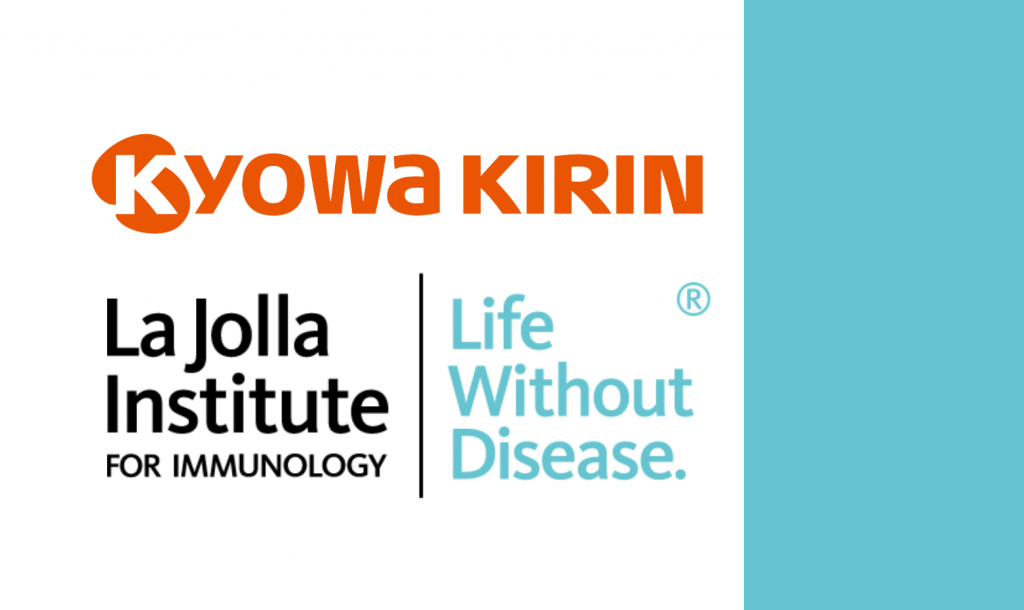LA JOLLA, CA—La Jolla Institute for Immunology (LJI) Instructor Marco Orecchioni, Ph.D., has shown that olfactory receptors are important for much more than a person’s sense of smell. His work in the Ley Lab at LJI has revealed that olfactory receptors in immune cells called macrophages actually “sniff” molecules in the arteries and drive the kind of inflammation seen in heart disease.
Now Orecchioni has received new funding to investigate the roles of olfactory receptors in the body’s response to infectious disease. Orecchioni’s new project is a collaboration with University of California San Diego, School of Medicine Professor Manuela Raffatellu, M.D. The two researchers will each receive $50,000 for this research, splitting a $100,000 Pilot Grant from the Program in Immunology, a partnership between LJI and UC San Diego.

The new funding will allow Orecchioni to build on his discovery that olfactory receptors in macrophages present in artery walls can respond to oxidative stress-derived molecules—and further trigger the inflammation that can lead to atherosclerosis. This surprising insight was made possible through a Tullie and Rickey Families SPARK Award for Innovations in Immunology and funding from The Conrad Prebys Foundation.
Previously, Orecchioni has shown the importance of olfactory receptors in the context of heart disease. For the new project, he’ll be working closely with Raffatellu, an expert in host-pathogen interactions and immune responses to the bacteria Salmonella, a pathogen that targets the gut and causes inflammatory diarrhea.
While the human nose cannot detect Salmonella, the researchers are curious whether olfactory receptors can react to molecules derived from Salmonella infection in the body. “This is an open question,” says Orecchioni. “Could olfactory receptors be limiting—or even promoting—infections?”
“It’s exciting to see how this research on olfactory receptors in atherosclerosis can be extended to other diseases,” he adds. “Depending on what we find, we hope to leverage this work to apply for future grants and start new collaborations.”
“This is a new, unexplored area of investigation that may lead to a better understanding of the interplay between pathogens and macrophages, immune cells that are important for host defense against pathogens,” says Raffatellu. “The project cannot be done without the combination of our unique expertise in our respective fields.”
###





